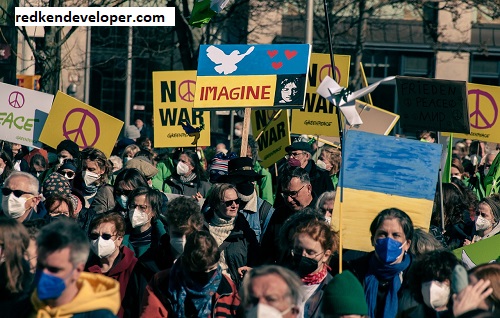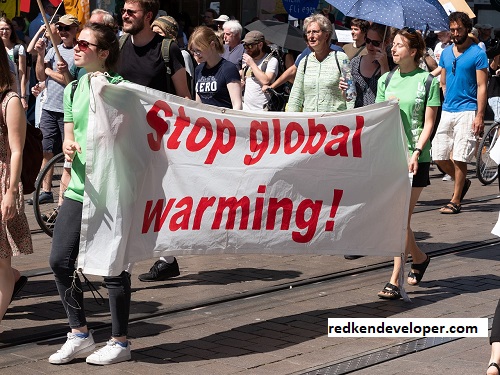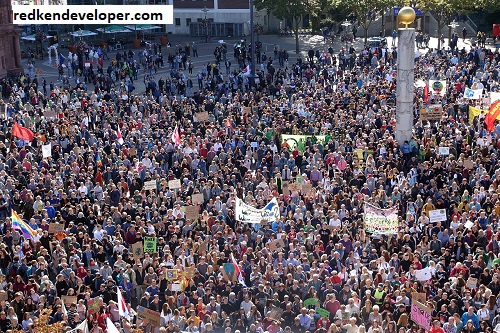Global Politics Development: Understanding International
Global Politics Development :
c How would nations address the climatic changes of climate change? Global Politics Development global movements. And all other salient geopolitical tensions? It is high time that people grasp these developments need to be known by decision-makers and global political development scholars. And citizens at large. This article takes the reader through the evolution of global politics. Key factors that influence it, are some key theories, current trends, and frequently asked questions about this multifaceted field.

The Evolution of Global Politics:
Global Politics Development :
Historical Context:
Global politics has transformed much in the course of its history. From the 1648 Treaty of Westphalia. Where the principles of state sovereignty were established to the formation of the United Nations in the aftermath of the Second World War, the landscape of international relations was shaped by wars and treaties. And efforts at diplomacy.
- Westphalian System: The principles of modern statehood were established through this system, which placed strong underpinnings on the aspects of territorial integrity and sovereignty of nation-states.
- The Cold War Era: After World War II, two superpower blocs started forming; one consisted of the camp of capitalism led by the United States and the other the camp of communism led by the Soviet Union. Characterized by ideological conflict, military alliance, and proxy war, this was the era of this period.
- The Post-Cold War Period: The disintegration of the Soviet Union in 1991 transformed international relations into a unipolar world where the United States has been able to enact increased globalization and multilateralism, but also brought new challenges such as regional conflicts and terrorism.
- International Organizations: International organizations are important in international politics through cooperation with different states that can help solve global problems.
- UN: United for peace and security as well as for cooperation among nations, the UN is at the forefront of international efforts towards diplomacy, humanitarian work, and development.
- WTO: The WTO functions toward regulating international trade with the view of ensuring that trade flows as smoothly and predictably as possible.
- North Atlantic Treaty Organization (NATO): It was a military alliance born to achieve collective security against potential threats, significantly in the time of the Cold War, and has adjusted to current challenges of security.
Determinants of Global Politics Evolvement:
Global Politics Development :
1. Economic Factors:
The economy at a global level largely influences the politics between countries. Economic interdependence among countries today increased due to globalization and international trade agreements as well as multinational corporations.
- Trade Treaties: Negotiations involving treaties such as NAFTA and the EU wonderfully depict how economic interdependencies can strengthen bonds but ultimately result in disagreements over trade procedures and tariffs.
- Economic Stratification: Inequality in national as well as global wealth can lead to social unease and migration, thus affecting diplomatic relationships and international peace.
2. Technological Development:
Technological innovations in communications, information distribution, and warfare have changed global politics by creating an entirely new space.
- Cybersecurity: is a new dimension to national security and, by extension, to diplomacy because it enables state and non-state actors to be able to disrupt critical infrastructures and influence political processes.
- Social Media: Social media platforms such as Twitter and Facebook which aggregate information at lightning-fast speed, are now tools of mobilization and influence and also have been known to disseminate false information.
3. Cultural and Social Factors:
For instance, religion, ethnicity, and national identity are all strong political sentiments and actions in defining cultural realities.
- Nationalism: The resurgence of nationalist forces in nations manifests the struggle for self-existence and cultural heritage in conjunction with a collision with globalist policies.
- Migration: Global migration trends impact domestic policies as well as international relations, including issues related to integration, human rights, and labor markets.
4. Environmental Issues:
Climate change and ecological degradation are issues of global concern and are prevalent in international relations and decision-making for international policy.
- Climate Treaties: The Paris Treaty of climate can be cited as a cooperative treaty which has brought positive results towards the management of climate, but consensus is still quite difficult.
- Resource Competition: The scarcity of natural resources – including water and energy – in one state may bring about competition with other states to call for the signing of cooperative treaties amongst themselves.
Key Theories in Global Politics:
Global Politics Development :

Global politics is understood by realizing the theoretical frameworks scholars use to analyze international relations.
1. Realism:
The doctrine that maintains the international system is anarchic; and, under such a system, the prime motivation of states lies in their self-interest. Power dynamics, military capabilities, and national security are the building blocks for this perspective.
2. Liberalism:
Liberalism emphasizes the virtues of cooperation and international institutions, but also non-state actors as pivotal to its impulse. The liberal vision is that democracies do not fight with other democracies as much and that states are safer with considerable economic interdependence.
3. Constructivism:
Global Politics Development :
Constructivism discusses social constructs, identities, and norms in the international arena. It means that ideas and beliefs are essential to state behavior and the character of the international system.
4. Critical Theory:
Critical theory is beyond conventional theory; it understands the forms of power and how it can foster transformation to effect social change. It mainly focuses on issues involving justice, equality, and the voice of the marginalized in international politics.
Recent Trends in International Politics Growth:
Global Politics Development :
1. Growing Multipolarity:
Indeed, the emergence of other great powers like China, India, or the European Union seriously threatens the united bipolar dominance of the United States; thus, it is moving the world toward multipolarity-new dynamics and new alliances.
2. Populism and Nationalism:
The proliferation of populistic leaders around the globe shows a threat of aggressively nationalist attitudes within those nations against international institutions. Tension may be the characteristic of this trend.
3. Human Rights and International Governance:
Global Politics Development :
Human rights issues are increasingly at the center of international politics since global movements continue to aspire toward social justice, gender equality, and climate justice. There is also pressure from society on the international community to hold states accountable for human rights violations.
4. Geopolitical Tensions:
Regional conflicts, which are currently witnessed in the Middle East and Eastern Europe, are providing great challenges to international stability. Other issues relating to bilateral relations and security concerns continue to exist between major powers, among them the United States and China.
FAQs about Global Politics Development:
Global Politics Development :
1. What does global political development represent?
Global politics development is the history of international relations, economic policies, and sociocultural factors that have determined the relationships between nations and how international issues are perceived.
2. What are the most important drivers of international politics?
These include economic interdependence, technological advancement, cultural dynamics, and environmental issues that have implications for the nature of diplomatic relations and policy-making.
3. How do International Organizations impact international politics?
International organizations, including the UN and WTO, facilitate state coordination to expand peace through treaties, agreements, and initiatives.
4. What are the major theories of international relations?
There are also various approaches dominating each school of thought, such as realism, liberalism, constructivism, and critical theory, which may differ along the aspects of perceptions of state behavior, power, and institutions.
5. What is the role of nationalism in international relations?
Nationalism plays a significant role in both domestic and foreign policies, as it drives attitudes toward immigrants, trade, and international cooperation, resulting in tensions with globalist approaches.
6. How does climate change affect international relations?
Global cooperation is important if climate change problems are to be addressed effectively, while climate change also speeds up many factors such as resource scarcity, migration, and geopolitical tension.
7. How does technology affect the global politics?
Technology alters communication, security, and information; there are attendant opportunities for greater cooperation and cyber threats and misinformation challenges.
8. What influence does economics have on international relations?
Economic interdependence through trade agreements and globalization increases cooperation but also creates controversies over issues like tariffs, resources, and access to markets.
9. What is the international community facing today in terms of dilemmas?
Issues of governance are the pathways for global policies relating to pandemics or issues of economic inequality while challenges include growing geopolitical tensions, climate change, and population displacement.
10. Why is global politics important?
Understanding global politics is crucial for an depth understanding of any of the forms international relations take; going further, it will illuminate a path for policy decisions and assist in fostering cooperation on global issues.

Conclusion:
Global Politics Development :
Development in global politics primarily focuses on following contextual evolution within historical contexts that affect its operation and on facing contemporary issues against the background of theoretical constructs. As this modern world approaches homogenized worldviews-integrating in a broad spectrum of political, economic, social, and cultural sectors, the call for informed dialogue and cooperation becomes a paramount necessity. In this regard, sifting through the multiple factors that shape international relations guides policy leaders and people toward a more peaceful and just world.